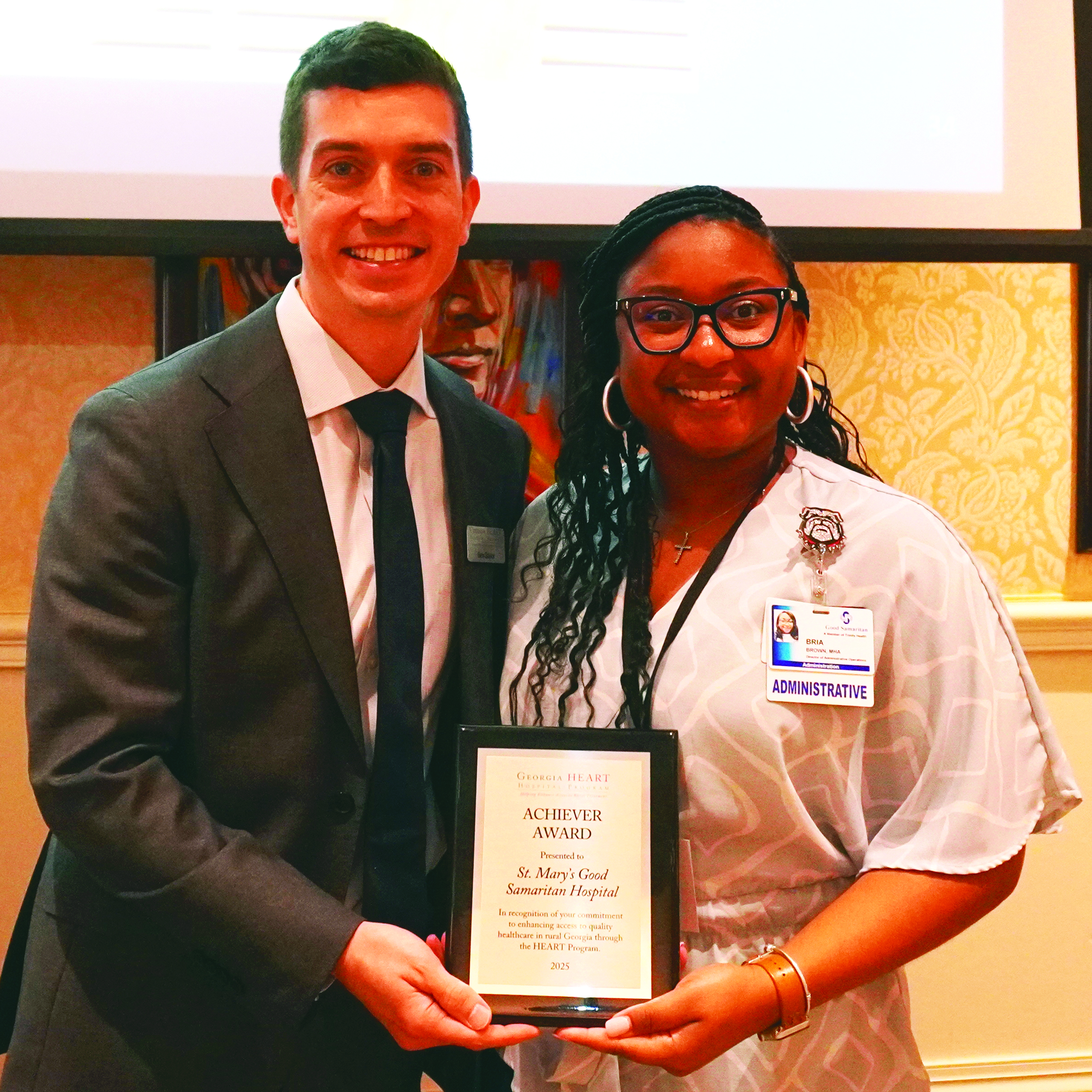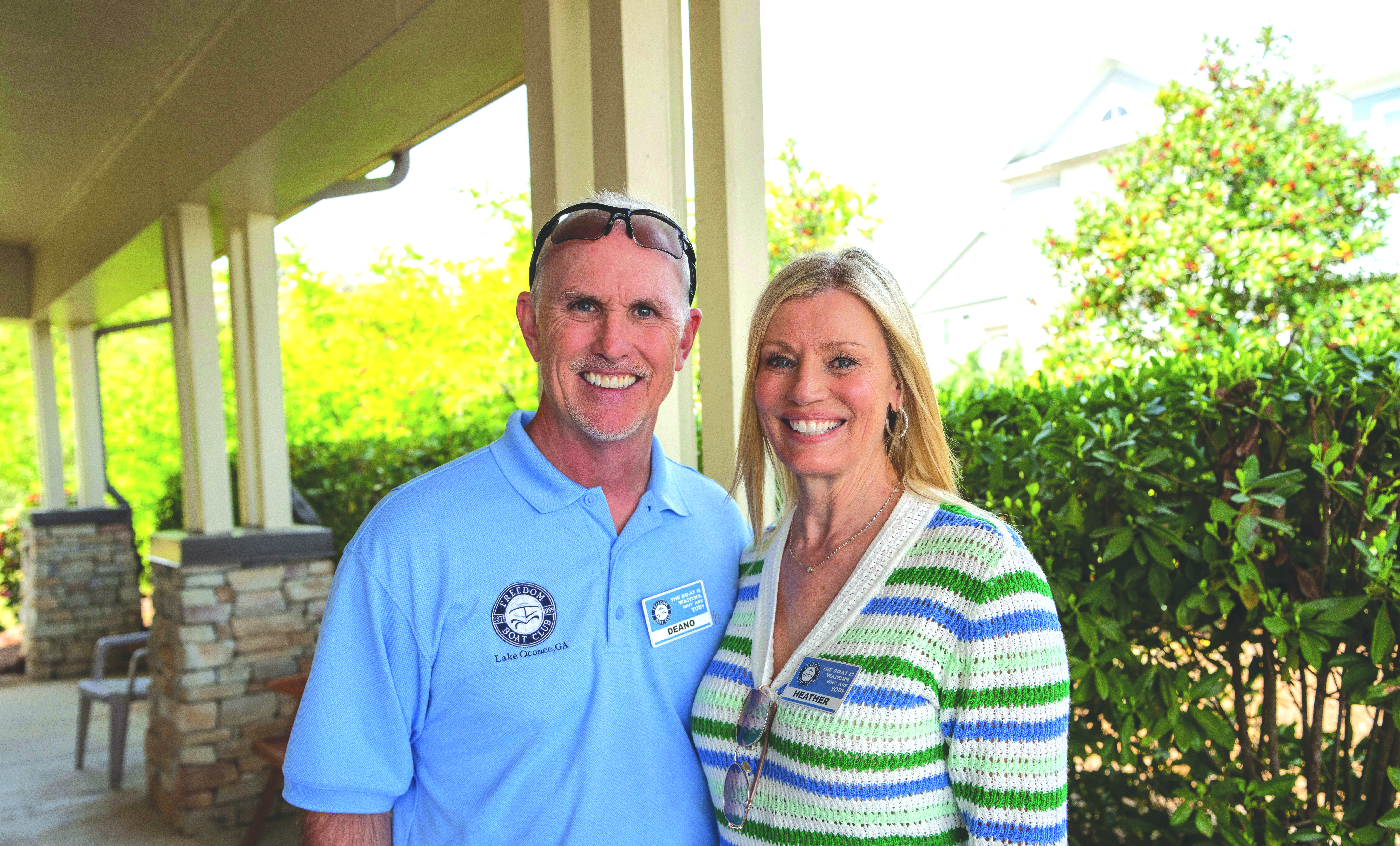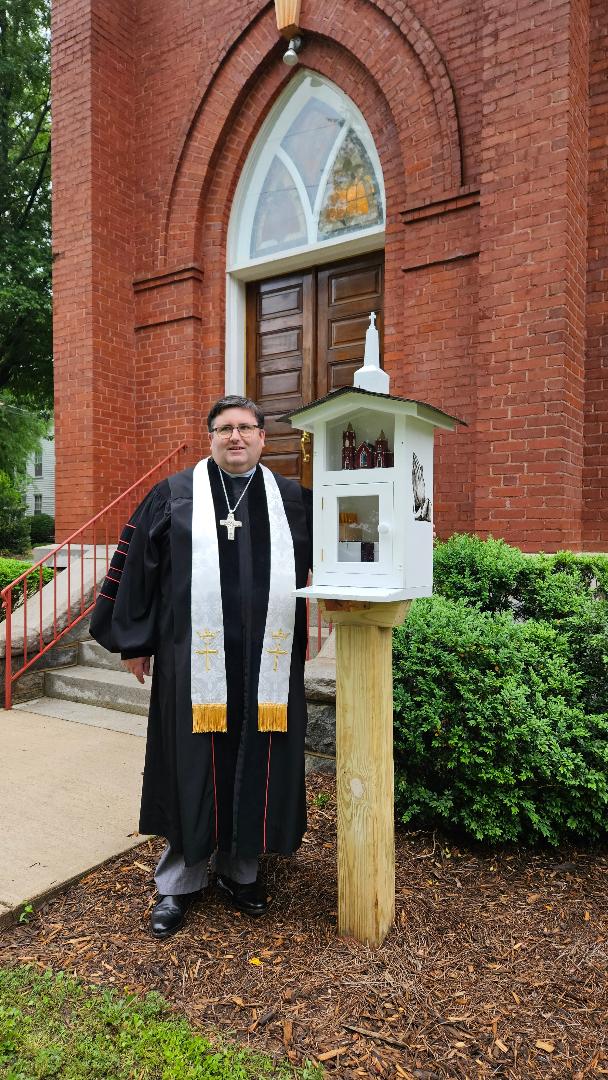PGH recognizes Breast Cancer Awareness Month
Published 8:00 am Wednesday, October 5, 2011
October is National Breast Cancer Awareness Month (NBCAM). Since the program began in 1985, mammography rates have more than doubled for women age 50 and older and breast cancer deaths have declined.
This is exciting progress, but there are still women who do not take advantage of early detection at all and others who do not get screening mammograms and clinical breast exams at regular intervals. Putnam General Hospital wants our community to “Live Well” and one way to start is by women making a point to get a baseline mammogram between the ages of 35 and 40 and then every year after 40. If a history of breast cancer is prominent in your family, we recommend scheduling a baseline mammogram sooner.
Did you know:
•Women age 65 and older are less likely to get mammograms than younger women, even though breast cancer risk increases with age.
•Hispanic women have fewer mammograms than Caucasian women and African American women.
•Women below poverty level are less likely than women at higher incomes to have had a mammogram within the past two years.
•Mammography use has increased for all groups except American Indians and Alaska Natives.
“If all women age 40 and older took advantage of early detection methods – mammography plus clinical breast exam – breast cancer death rates would drop much further, up to 30 percent,” states the AstraZeneca HealthCare Foundation.
“The key to mammography screening is that it be done routinely – once is not enough.”
For more information about NBCAM, please visit www.nbcam.org. For additional information, please call one of the following toll-free numbers: American Cancer Society, (800) 227-2345, National Cancer Institute (NCI), (800) 4-CANCER, Y-ME National Breast Cancer Organization, (800) 221-2141.
The National Breast Cancer Awareness Month program is dedicated to increasing public knowledge about the importance of early detection of breast cancer. Fifteen national public service organizations, professional associations, and government agencies comprise the Board of Sponsors, who work together to ensure that the NBCAM message is heard by thousands of women and their families.





